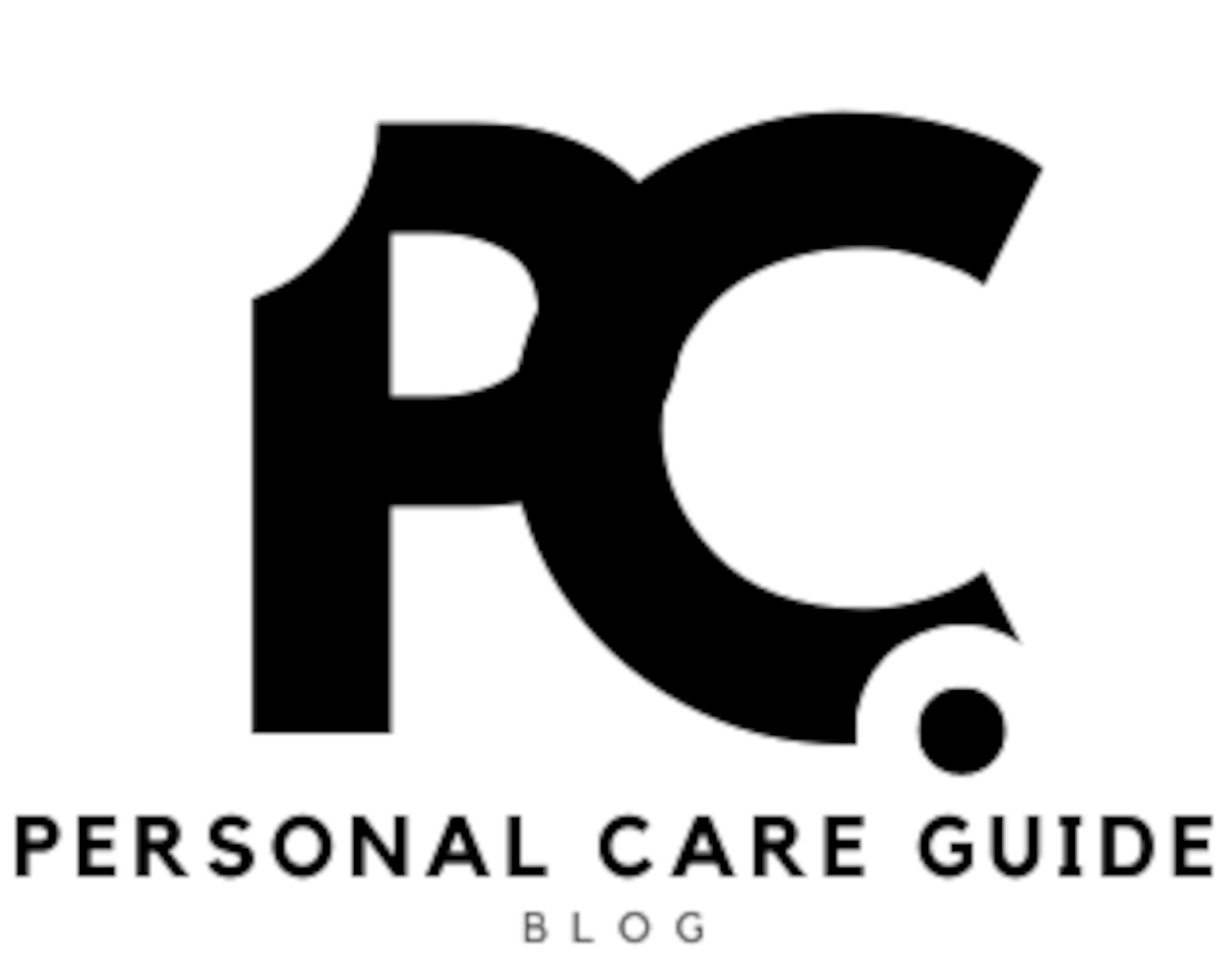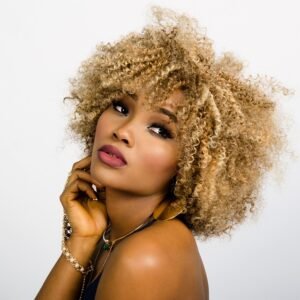Black hair care is not just about styling or aesthetics; it’s a journey of self-discovery, cultural preservation, and embracing one’s natural beauty.
The Significance of Black Hair
For many people of African descent, hair is deeply intertwined with identity and heritage. It’s more than just strands of keratin; it’s a symbol of resilience, creativity, and history.
Historically, black hair has been politicized, scrutinized, and often marginalized. From Eurocentric beauty standards to workplace discrimination, the journey to embracing natural black hair has been fraught with challenges.
Challenges Faced in Black Hair Care
One of the significant challenges in black hair care is the lack of representation and education. Many mainstream beauty standards often overlook the unique needs of black hair, leading to misconceptions and inadequate products.
Moreover, the pressure to conform to Eurocentric beauty norms has led to the widespread use of harsh chemicals and heat styling, resulting in damage and hair loss for many individuals.
The Shift Towards Natural Hair Care
Despite these challenges, there has been a remarkable shift towards embracing natural black hair. Social media platforms have become powerful tools for showcasing diverse beauty standards and challenging traditional norms.
From the rise of the natural hair movement to the popularity of protective styles like braids and twists, there’s a growing celebration of black hair in all its textures and forms.
Key Principles of Black Hair Care
When it comes to caring for black hair, there are several key principles to keep in mind:
1. Moisture is Essential
Black hair tends to be drier and more prone to breakage, so moisture is crucial for maintaining its health and vitality. Regular deep conditioning treatments and moisturizing products can help keep hair hydrated and supple.
2. Gentle Handling is Key
Black hair is delicate and requires gentle handling to prevent damage. Avoiding harsh chemicals, minimizing heat styling, and using wide-tooth combs can help reduce breakage and preserve hair health.
3. Protective Styling
Protective styles like braids, twists, and buns can help minimize manipulation and protect hair from environmental damage. However, it’s essential to strike a balance and avoid styles that cause tension or traction alopecia.
4. Understanding Hair Texture
Black hair comes in a variety of textures, from tightly coiled to loosely curled. Understanding your unique hair texture is key to choosing the right products and styling techniques that work best for you.
Embracing Diversity and Self-Expression
At its core, black hair care is about embracing diversity and self-expression. Whether you choose to wear your hair natural, straight, or in protective styles, the most important thing is to feel confident and comfortable in your own skin.
By celebrating the beauty of black hair and sharing knowledge and resources, we can empower individuals to embrace their natural hair journey and rewrite the narrative surrounding black beauty.
Black hair care is not just a trend; it’s a movement towards self-love, acceptance, and cultural pride.
So, whether you’re rocking a fro, braids, or a sleek blowout, remember that your hair is a reflection of your unique story and heritage.
Embrace it, love it, and let your hair be a source of empowerment and inspiration for generations to come.







